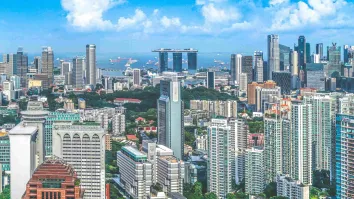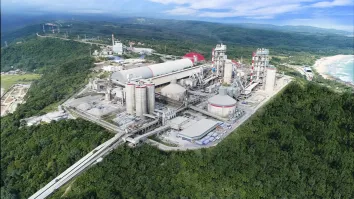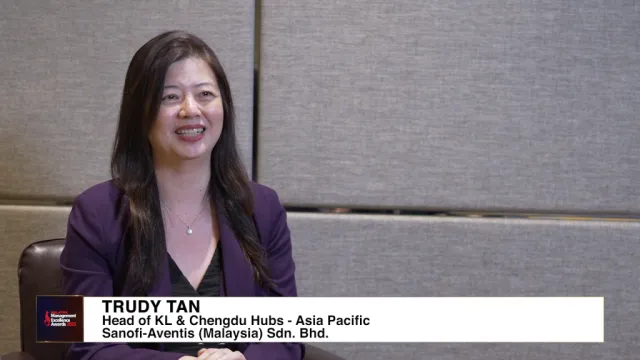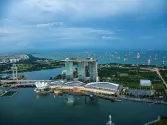
Alternative cancer treatment market to hit $2.16b by 2030
Rising cancer incidence and survivorship rates drive complementary therapies.
The alternative cancer treatment market is expected to reach approximately $2.16b by 2030 at a compound annual growth rate of 8.8%, according to Valuates Reports.
The sector’s expansion is supported by patient demand, healthcare institutional backing, and changing lifestyle trends.
Moreover, rising global cancer incidence and survivorship rates drive demand for complementary therapies that improve quality of life and reduce treatment side effects.
“Alternative therapies such as meditation, yoga, and nutrition counselling are designed to address the broader aspects of well-being, enabling patients to feel more balanced and supported,” the report said.
However, the lack of standardised clinical evidence and regulatory oversight may limit market growth.



















 Advertise
Advertise









